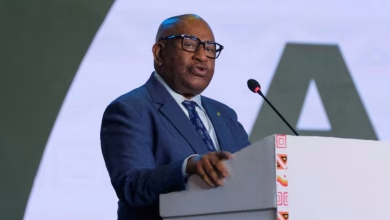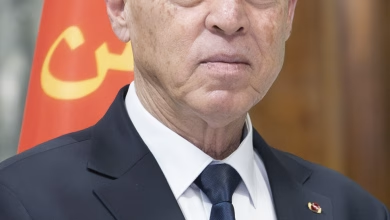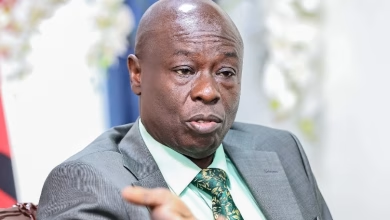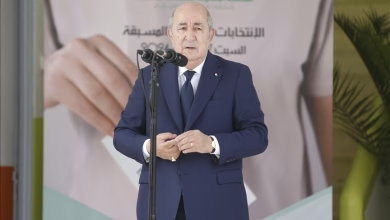“Rwandan President Paul Kagame Kicks Off Re-Election Bid, Seeks Fourth Term in Office”
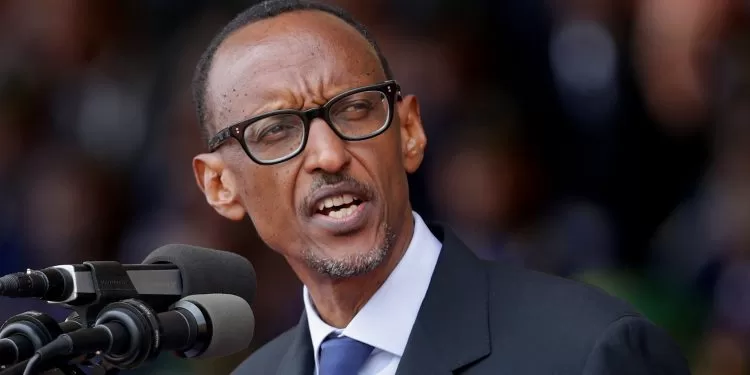
- Kagame launches campaign for another term as Rwanda's leader.
- He emphasizes Rwanda's independence and self-determination.
- 9 million voters will head to the polls in the upcoming election.
- Kagame's rule has been marked by stability and growth, but also criticism.
President Paul Kagame of Rwanda launched his campaign for another term on Saturday, June 22, seeking to extend his reign as one of Africa’s longest-serving leaders. Kagame has already served two 7-year terms and has been at the helm of the country for the past 30 years, making him a dominant figure in Rwandan politics.
At the campaign launch, Kagame emphasized Rwanda’s independence and self-determination, stating that the country is aware of its history and will define democracy on its own terms. The upcoming election, scheduled to take place concurrently with legislative polls, will see nine million registered voters head to the polls.
This marks a significant milestone in Rwanda’s history, as it will be the first time the presidential and legislative elections are held simultaneously. Kagame has been Rwanda’s de facto ruler since the end of the devastating 1994 genocide, which claimed the lives of approximately 800,000 people, mostly Tutsis and moderate Hutus.
During his tenure, Kagame has been credited with stabilizing the country and driving economic growth, but his rule has also been criticized for its authoritarian nature and human rights concerns. Despite these criticisms, Kagame remains a popular figure in Rwanda, and his campaign is expected to focus on his achievements in areas such as infrastructure development and poverty reduction.
The election is seen as a test of Rwanda’s democratic progress, with international observers watching closely to ensure a free and fair process. As Kagame seeks another term, his opponents and critics are wary of his continued dominance over Rwandan politics, fearing it may undermine the country’s democratic institutions and prospects for genuine political change.



